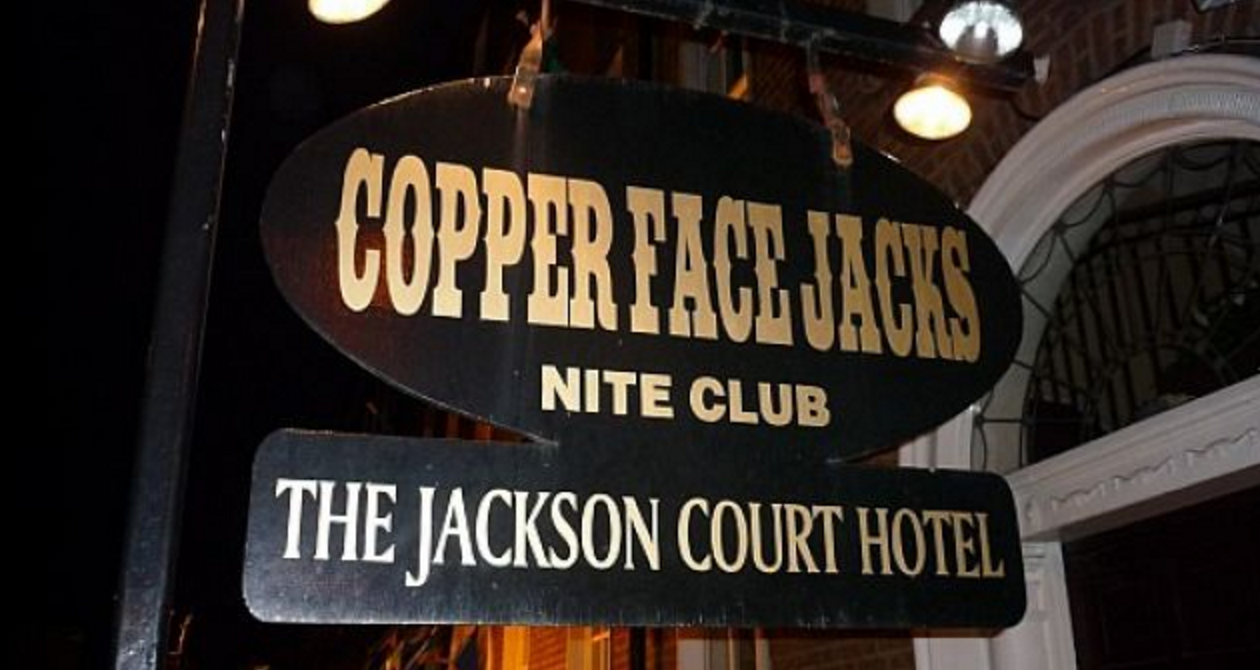
For most kids, turning ten is an exciting milestone. I mean, it’s not every day you enter double digits. For video-sharing site YouTube, however, its birthday on Valentine’s Day just gone is even more significant.
At a time when Facebook was just a year old. MySpace was fading into obscurity and Bebo didn’t exist, YouTube became a niche social network. YouTube is responsible for the birth of virality, as well as for thousands of memes. It is now home to content creators who share similar fan bases to that of actors and recording artists.
But its tenth year in existence is marred by the prospect of another shark in the water.
Vessel is a new subscription-based video service, launched by the team behind Hulu. The service looks at increasing monetization for online video creators, musicians and production companies – in lay-man’s terms, your favourite video-blogger will earn more money for their videos.
However, in contrast with YouTube, Vessel plan on doing this by charging consumers a subscription fee – £2.99 per month – for early access to their videos. Vessel is pitching that content creators look set to earn more money this way, as opposed to on YouTube’s free, ad-supported sites.
A free version of the site will also be available, with more ads and without the exclusivity.
Vessel CEO Jason Kilar estimates that the average partner on YouTube earns $2.20 per thousand views. With his model, however, he believes it could earn them up to $50.
In exchange? Vessel gets exclusive rights to videos for 72 hours, though this can also be extended further. Content creators already on board include beauty and lifestyle vlogger Tanya Burr, who just released her own book, and entertainers Rhett and Link, of popular online talk show Good Mythical Morning. Combined, they have a following of close to six million users. Media giants Buzzfeed and the New York Times have also been confirmed as partners.
However, not everyone has been won over. DCU alumni and popular YouTuber Melanie Murphy. In a recent Facebook post, Murphy said she would “never be using the site”.
“I’d never make [my viewers] pay to see my videos early,” she said. “I don’t agree with it.”
Vessel looks set to challenge YouTube in the same way that the latter threatened television ten years ago. However, the launch comes at a busy time for the online video market, as Facebook, Netflix and Amazon continue to wade in.
Killar is insistent, however, that Vessel is not being established as a direct threat to YouTube.
“Everybody we’re working with today, we’re strongly encouraging them to keep doing the business in the free window that they’re already doing,” he said.
Kilar hopes that Vessel will also help dispatch a common view within the television industry: that online short-form video is still just a training ground for “proper” TV, with YouTubers eager to graduate to shows on traditional networks.
The real question is – will YouTubers be motivated by money or remain committed to provide good quality content for their loyal following?
By Fionnuala Jones




Leave a Reply